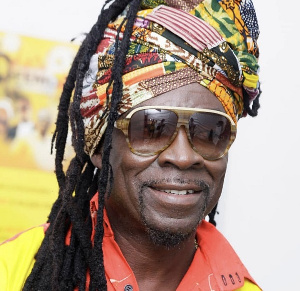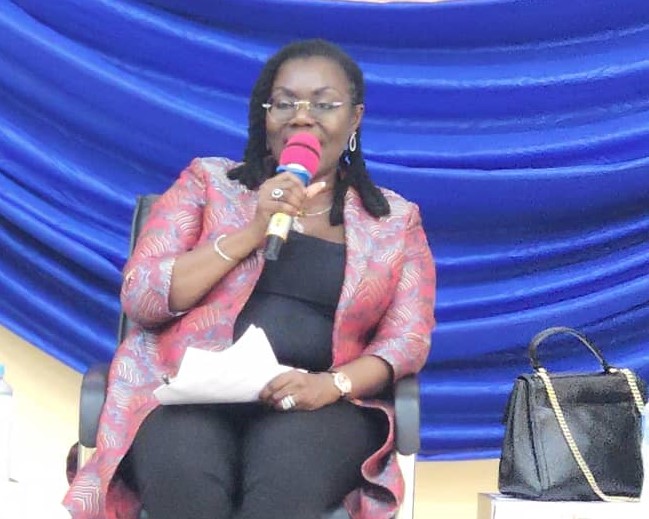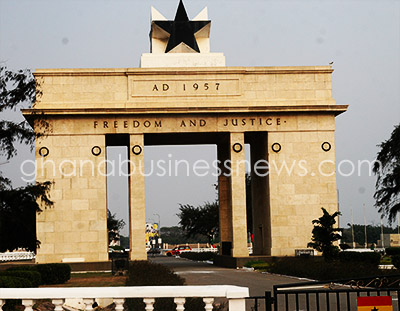
Ghana, often hailed as a beacon of democracy and stability in West Africa, is currently experiencing a crippling energy crisis known as “dumsor.” A problem that seriously harmed the Ghanaian people almost a decade ago has resurfaced. For several weeks, the country has experienced indiscriminate power outages, causing widespread frustration and hardship for its citizens.
The situation has been made worse by the authorities’ outright dishonesty and refusal to address the issue with transparency and sincerity. We must acknowledge the far-reaching consequences of the authorities’ incompetence and deception for the Ghanaian people and the leadership’s reputation.
Ghana’s power outages, or “dumsor,” have become commonplace in recent weeks, disrupting citizens’ daily lives, businesses, and the country’s economic growth. Power rationing schedules have yet to be implemented, leaving entire regions, cities, and even hospitals without power for hours or days. This chronic energy deficit can be attributed to a variety of factors, including insufficient infrastructure investment, resource mismanagement, and overreliance on hydroelectric power without proper diversification.
Shockingly, rather than openly acknowledging and addressing the issue, the authorities choose to sweep it under the rug. Rather than admitting their flaws, they resort to lies and deception in order to minimize the gravity of the energy crisis. By purposefully misleading the public, the authorities insult Ghanaians’ intelligence and undermine their trust, causing further disillusionment and anger.
The lies and incompetence of the authorities have a wide range of negative consequences for Ghanaians. First of all, power outages cause unimaginable disruptions to daily life. Businesses suffer enormous losses as a result of interrupted operations, which lead to layoffs and decreased productivity. Furthermore, a lack of electricity impedes the delivery of critical healthcare services, posing risks to patients in hospitals and clinics. Ordinary citizens, who are already facing economic challenges, are burdened even more by the need to invest in alternative power sources, such as generators, to mitigate the impact of dumsor.
Moreover, the energy crisis in Ghana contributes to socioeconomic disparities. Small-scale entrepreneurs, who lack the financial resources to invest in alternative energy sources, are disproportionately affected, whereas larger corporations with more resources can cope better. This disparity worsens the divide between the rich and the poor, undermining Ghana’s commitment to equitable development. The authorities’ failure to adequately address the energy crisis, as well as their deception to protect their own interests, have harmed Ghana’s leadership’s reputation. Trust in leadership is the cornerstone of any successful government and is essential for national development.
I’m wondering why our leaders can’t adopt positive ideas from Western countries. The majority of these leaders lived in developed countries. These countries are extremely well-organized in their dealings. I once listened to Prof. Gyampo on TV3 KEY ISSUES. He stated that when he was in school in Boston, USA, the light would turn off for 25 minutes. He got to his mobile phone to see so many missed calls. When he returned the call, he discovered that the authorities were attempting to inform him that the light would turn off for 25 minutes.
He was very impressed to see a system that actually works. He was more surprised that the light off lasted only 19 minutes instead of the 25 minutes given.
The persistent lies undermine citizens’ faith in their leaders’ ability to govern effectively and prioritize their well-being.
Also, the authorities’ dishonesty contributes to a culture of corruption and lack of accountability. By refusing to accept responsibility for the energy crisis, the leadership is setting a
dangerous precedent that excuses incompetence and discourages transparency. This undermines public trust in the government’s ability to address critical issues, thereby impeding progress and development.
The energy crisis, or “dumsor,” in Ghana is much more than a mere inconvenience for its citizens. It has far-reaching consequences that go beyond the loss of electricity. The authorities’ decision to lie and deceive exacerbates the situation, placing an even greater burden on the people and undermining their trust in the country’s leadership. If Ghana is to overcome this energy crisis and restore faith in its government, it is imperative that authorities acknowledge their failures, communicate transparently with the public, and take concrete actions to address the energy deficit. Only through genuine accountability and a commitment to solving the crisis can Ghana hope to alleviate its citizens’ suffering and regain its esteemed reputation as a progressive and democratic nation.
Explore the world of impactful news with CitiNewsroom on WhatsApp!
Click on the link to join the Citi Newsroom channel for curated, meaningful stories tailored just for YOU: https://whatsapp.com/channel/0029VaCYzPRAYlUPudDDe53x
The post Dumsor strikes Ghana again: A nation in the dark appeared first on Citinewsroom - Comprehensive News in Ghana.
Read Full Story























Facebook
Twitter
Pinterest
Instagram
Google+
YouTube
LinkedIn
RSS